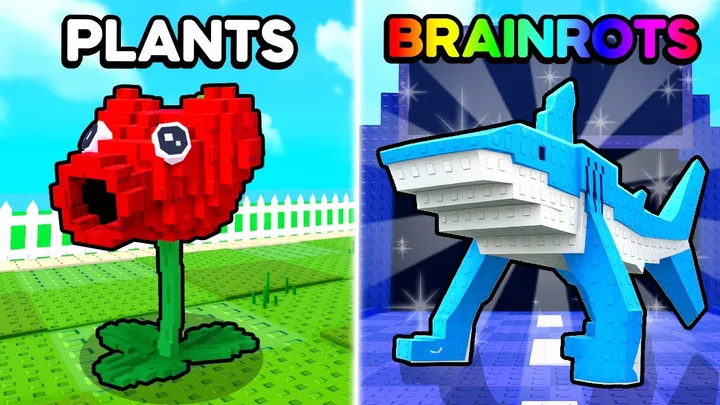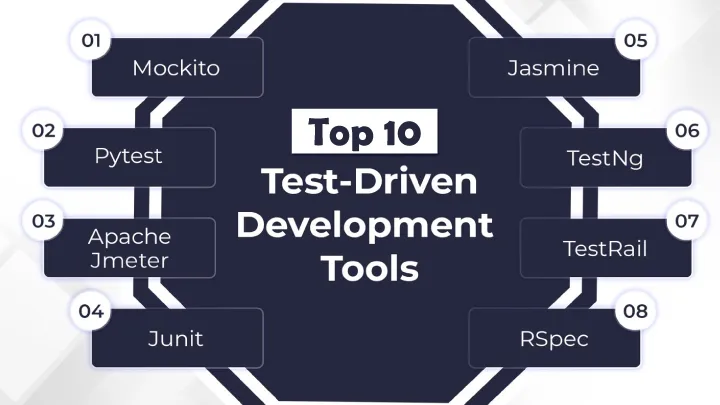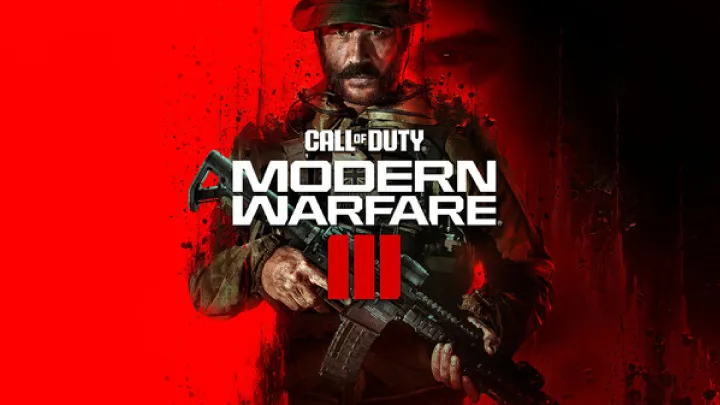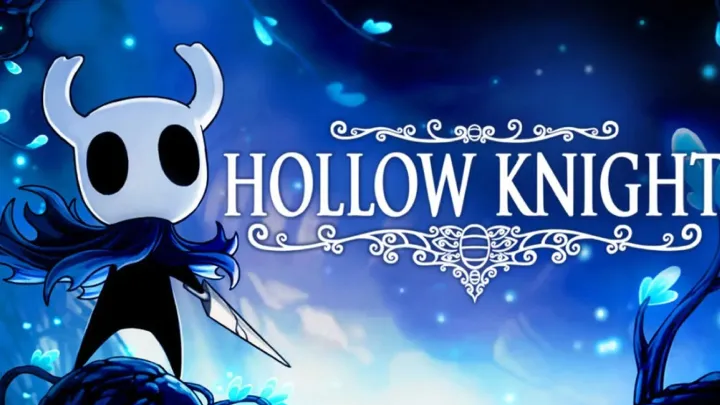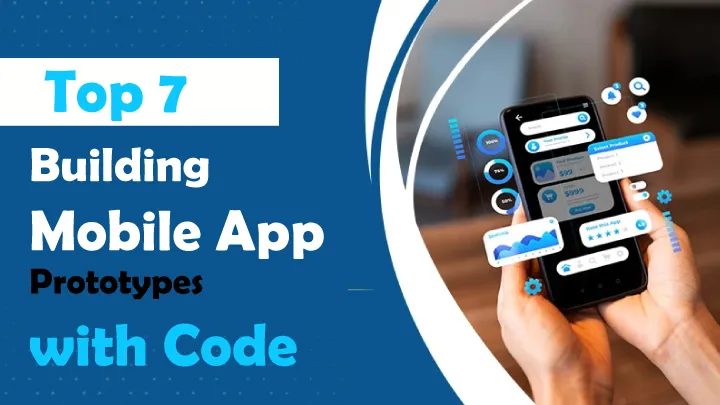Introduction
Web development frameworks streamline building dynamic, responsive sites and SPAs, powering 2025's web ecosystem where React dominates UIs, Vue offers flexibility, and Angular excels in enterprise apps—skills vital for roles at companies like Meta or Vercel amid the PWA and Jamstack surge. Mobile apps make learning these accessible, providing code sandboxes, project templates, and bite-sized lessons to practice components, state management, and routing on the go. This review spotlights the top 6 apps for learning web dev frameworks, chosen from 2025 app store trends, Stack Overflow surveys, and dev community buzz on Reddit and X. Each app breaks down features, strengths, and weaknesses (as tailored paragraphs), plus an overall evaluation without ratings. For beginners tweaking Bootstrap or pros optimizing Svelte, these iOS- and Android-ready tools offer over 2000 words of practical advice to build your framework fluency anywhere.
1. Codecademy
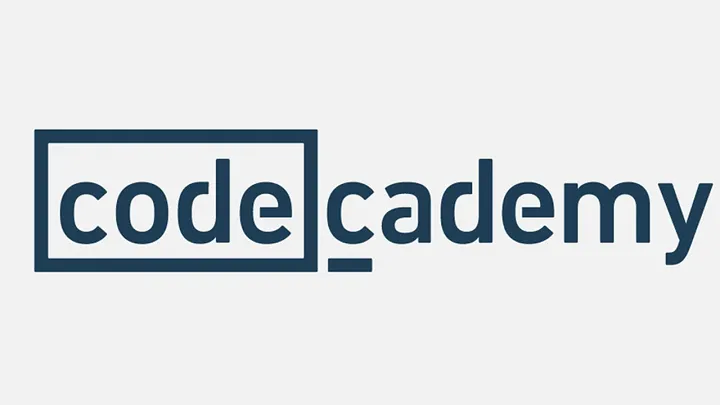
Overview: Codecademy Go delivers interactive paths for React, Angular, and Vue, with mobile code editors for building components, hooks, and directives through guided projects like todo apps or dashboards.
Strengths: Hands-on exercises let you code framework features like React's useState or Vue's reactivity directly in-app, with instant feedback and syntax hints speeding up mastery. Progress syncs across devices, so commute-started React routers finish at home, while the free tier covers basics like Angular templates. Structured career paths integrate frameworks with HTML/CSS/JS, ideal for full-stack aspirants, and community challenges foster portfolio pieces. Premium at $19.99/month unlocks advanced topics like Svelte stores, enhancing depth without overwhelm.
Weaknesses: Mobile editor lags on complex builds with heavy state logic, often needing desktop for debugging. Framework coverage skews toward React/Vue over niche ones like Ember, limiting variety. Free limits cap projects, gating pro features that may frustrate trial users.
Overall Evaluation: Codecademy excels for interactive framework immersion, suiting structured learners, though mobile constraints favor supplemental desktop use.
2. freeCodeCamp
Overview: freeCodeCamp's mobile app hosts certification tracks in responsive web design and frontend libraries, teaching React, Bootstrap, and Sass via challenges, projects, and open-source contributions on the go.
Strengths: Completely free and ad-free, it offers 300+ hours of framework-focused challenges, from React props to Bootstrap grids, with a built-in editor for instant testing. Community forums provide peer reviews for projects like a random quote machine, building real-world skills. Offline mode downloads sections for travel, and certifications validate learning for resumes. Integrates JS algorithms with framework practice, creating a holistic path from vanilla to advanced UIs.
Weaknesses: Lacks depth in non-React frameworks like Angular or Vue, focusing more on basics than enterprise patterns. Mobile navigation feels clunky for long certifications, and no video explanations limit visual learners. Updates lag behind rapid framework evolutions, occasionally outdated on hooks or directives.
Overall Evaluation: freeCodeCamp is a no-cost powerhouse for React and Bootstrap beginners, but its scope may not stretch to pro-level framework depth.
3. SoloLearn
Overview: SoloLearn gamifies web framework learning with Python/JS courses extending to React and jQuery, featuring quizzes, code playgrounds, and community code shares for mobile practice.
Strengths: Free with vibrant 20M+ user community, it turns framework concepts like Vue directives into bite-sized quizzes and editable snippets, earning XP for streaks. Offline access caches lessons for flights, while peer discussions clarify tricky routing in React. Social sharing lets you remix others' Angular components, accelerating collaborative learning. Covers emerging tools like Tailwind alongside classics, keeping content fresh for 2025 trends.
Weaknesses: Framework modules are introductory, skimming advanced state management without deep dives. Ads occasionally interrupt coding flow, and mobile playground lacks full IDE features like hot reload. Limited to popular JS frameworks, ignoring backend like Express integration.
Overall Evaluation: SoloLearn energizes casual framework exploration via gamification, ideal for JS newbies, but depth seekers need more robust tools.
4. Mimo
Overview: Mimo's 5-minute daily lessons cover React, Vue, and CSS frameworks like Tailwind, with projects building responsive UIs and interactive elements on mobile.
Strengths: Streak system motivates consistent practice, fitting framework bites like component lifecycles into breaks, with instant feedback on code submissions. Clean UI previews changes live, helping visualize Angular bindings, while free basics include React hooks tutorials. Projects culminate in deployable PWAs, bridging learning to portfolios. $9.99/month premium adds unlimited paths, suiting busy devs.
Weaknesses: Short format skips comprehensive overviews, frustrating those needing full framework architecture. Language focus tilts JS-heavy, light on TypeScript integrations. Repetitive drills can bore after basics, lacking variety in advanced scenarios.
Overall Evaluation: Mimo streamlines quick framework skill-ups for time-strapped users, but its brevity suits refreshers over thorough mastery.
5. Enki
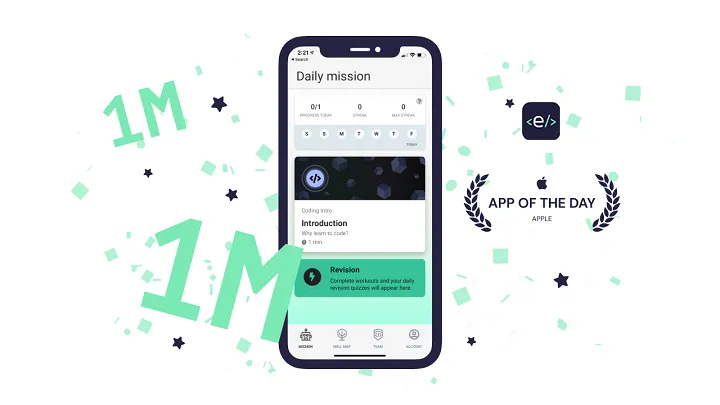
Overview: Enki's daily workouts target web frameworks with adaptive drills on React contexts, Vue composables, and Svelte transitions, using flashcards and challenges for retention.
Strengths: AI-personalized paths focus on weak spots like state in Angular, delivering targeted 10-minute sessions with progress analytics. Gamified badges reward framework milestones, while offline drills ensure commute productivity. Free tier covers core React/Vue, with $7.99/month unlocking Svelte and best practices. Emphasizes clean code principles, elevating beyond syntax to production-ready habits.
Weaknesses: No full project builder, limiting holistic app creation practice. Drills feel quiz-like, less engaging for hands-on coders preferring sandboxes. Framework selection omits enterprise staples like Backbone for modern focus only.
Overall Evaluation: Enki builds framework fluency through adaptive habits, great for intermediates, though it leans theory over project depth.
6. Udacity
Overview: Udacity's nanodegree app supplements React and frontend tracks with mentorship, quizzes, and code reviews for building framework-based apps like weather dashboards.
Strengths: Industry-partnered content, like Google's React course, includes real projects with peer feedback, preparing for jobs via portfolio reviews. Offline downloads support flexible pacing, while $399/month access adds expert chats for debugging Vue slots. Career services integrate framework skills into resumes, and bite-sized videos fit mobiles perfectly. Covers emerging like Next.js for SSR, aligning with 2025 trends.
Weaknesses: High cost barriers entry for casual learners, with free audits limited to previews. Mobile app supplements web, lacking standalone editor for full coding. Advanced tracks assume JS proficiency, steep for absolute beginners.
Overall Evaluation: Udacity propels career-focused framework learning with mentorship, but its premium model favors committed pros over explorers.
Conclusion
Learning web development frameworks on mobile fuels 2025's frontend revolution, from PWAs at Shopify to SPAs at Netflix, and these six apps turn screens into skill forges. Start with freeCodeCamp or SoloLearn for React foundations, escalate to Codecademy or Udacity for Angular depth. Standouts include Mimo's streaks, Enki's adaptation—but limits like shallow editors suggest app combos for balance. With AI tutors incoming, they match web's evolution. Code daily, fork GitHub repos, blend apps to architect UIs that captivate and convert.
